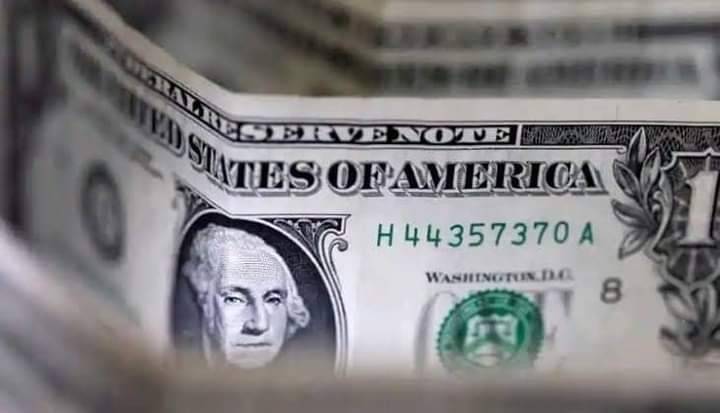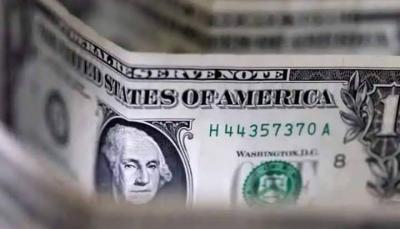A new trade has begun to thrive these days; it is the trade of "currency exchange." Many resort to the "Sayrafa" platform today to convert Lebanese currency into dollars to re-sell them at market prices, repeating the cycle multiple times. The profit is estimated at $70 daily for individuals, while large traders exceed a net profit of $30,000 or more, according to one of them. They have become dollar traders, allocating a small portion of their funds to their business, which is priced according to the parallel market. So, who will deter these individuals? No one, as the market is open and there are many trader players.
Banks have set a ceiling for conversions at 15 million Lebanese pounds, with a request made on the first day and the money collected on the second. Most beneficiaries of this trade resort to borrowing, and on the second day, they repay the money with a daily profit of at least $70. Mohammed, one of those benefiting from this new trade, confirms that he borrowed 15 million from someone and returned the amount on the second day to the person who converted it as well, noting that "all traders buy dollars according to Sayrafa and sell us goods according to the black market, which continues to soar.”
These new traders justify their actions by saying they are trying to benefit from the crisis; most of them are public sector employees trying to make profits not provided by the state. Zainab confirms she resorted to this trick to raise her salary, which has dropped to less than $90, despite her prior certainty that this would negatively impact the parallel market. However, she converts money "to live while traders convert money to earn more."
No one denies that the dollar game has exhausted the people, as everything is linked to the dollar in the parallel market, leading to prices soaring again. Nothing stands in its way as long as the dollar game is "active." What is striking this time is that traders are playing the market at will, without any deterrent, controlling price components under the name "dollar game," even though they buy dollars according to the Sayrafa rate, meaning they are not affected by the dollar game; nonetheless, they continue to squeeze the citizen further. No one is innocent in this game, from the vegetable trader to the chicken trader to the electricity trader. Even banks and, behind them, citizens have entered the game; everyone buys dollars according to Sayrafa and sells them according to the parallel market.
One chicken trader in the Nabatieh area admits that he buys dollars according to Sayrafa to secure chicken for his business. He himself raises the price of a kilo of chicken as soon as the dollar price increases and confirms that he buys small quantities of chicken, trading the rest of the dollars in the market because it is "more profitable," as he puts it, while chicken has become "a loss given production costs." Worse still, prices rise significantly whenever the dollar rises. The trader does not hide that "the profit margin has doubled, once from the net profit according to Sayrafa and once from the profit margin between Sayrafa and the parallel market," and the most alarming part of his statement is that he confirms "the citizen bears the consequences of this black trade."
Chicken is just one of several commercial sectors following the same method, based on the principle of "no one is watching." Few people are aware of this smart game played by traders; they have become fully convinced that the high prices are linked to the dollar, ignoring that it is linked to Sayrafa, which is expected to be stable and not fluctuating. Even electricity traders, or those who call themselves "subscription holders," buy their dollars through the Sayrafa platform, meaning none of them lose according to their "record" they repeat in front of the suffering customer. Worse, they impose a fee on people and threaten them with a tax for each day of delay, setting fictional pricing and raising the kilowatt meter beyond 100 kilowatts, even if the subscriber has not exceeded his consumption of 50 kilowatts. This has become an established policy among all subscription holders, who threaten people with darkness and raise the tariff under the pretext of "the increase in fuel prices," even though they buy their dollars through Sayrafa, which has legalized "traders stealing from people even more," instead of curbing prices.
Everything in Nabatieh is overpriced; nothing is cheap anymore. One trader confirms that profits have risen two to three times, and they buy dollars allocated for their trade through Sayrafa, yet they show no mercy to the people. "The opportunity for profit is ripe, why should we let it pass?" one of them insists, justifying his actions by claiming he "suffers wholesale losses from labor costs, subscriptions, and more, all of which add up to the item sold."
It is a time of profit without oversight, a time of cleverness at the expense of the poor. It was often said that "the authority is corrupt," but the current crisis has revealed the extent of traders' corruption as well.




